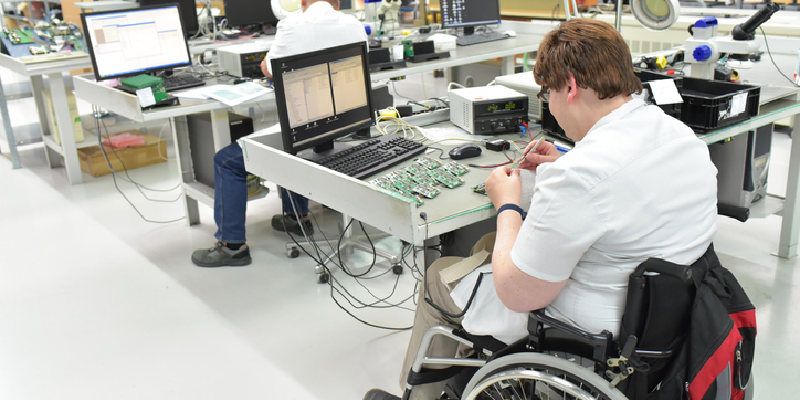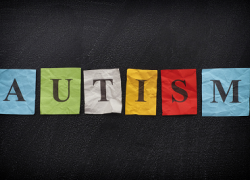
According to the 2021 U.S. Energy and Employment Report, a growing number of job opportunities abound in the clean energy sector. This sector includes jobs in industries ranging from electric vehicles to solar power installation. Although there were more than 3 million clean energy-related jobs in 2020, many employers in the clean energy sector reported major challenges in finding skilled candidates to fill positions.
Registered Apprenticeship Programs can play a vital role in building talent pipelines to fill the anticipated increase in skilled clean energy positions. These programs offer key benefits to employers as they seek to recruit and hire versatile workers to support the success of their companies. Apprenticeship programs that foster inclusion can drive industry innovation and enable employers to access deep talent pools. Launching apprenticeship programs can also help large, medium and small businesses to boost productivity, reduce turnover and absenteeism, and enhance their brand images.
For job seekers, apprenticeship programs can expand opportunities to attain credentials and gain key skills to succeed in their desired career paths. By design, an inclusive apprenticeship program supports full access and inclusion for all job seekers, including people with disabilities. This means it adopts best practices, such as principles of Universal Design, and supports access for people with cognitive, neurological, physical, mental health and sensory disabilities.
According to the Centers for Disease Control, approximately 26% of adults in the U.S. have a disability. Apprenticeship programs that support full inclusion can offer strong job training opportunities for people with different types and levels of disabilities from diverse backgrounds. Through these programs, job seekers with disabilities who seek upward economic mobility can receive paid job training and secure high-wage job opportunities.
Apprenticeship programs can also support current goals to improve infrastructure by driving inclusive workforce development in the United States. For instance, the American Jobs Plan prioritizes strengthening infrastructure by growing jobs in high-growth, high-demand industries. Inclusive apprenticeship programs can help make this happen.
Earlier this year, the Partnership on Inclusive Apprenticeship (known as PIA), was launched to inform and shape policies, practices and approaches to expand access to career pathways through apprenticeship for job seekers with disabilities. Funded by the Office of Disability Employment Policy, PIA works with both employers and industry intermediaries to advance and enhance inclusive apprenticeship programs that can meet employers’ talent needs. It focuses on high-growth, high-demand fields including clean energy, information technology, cybersecurity and health care.
PIA is carving a path for the future of the clean energy workforce; multiple agencies are coming together to find opportunities to accelerate the growth of inclusive apprenticeship programs. With the clean energy sector growing faster every year, the opportunity is ripe for employers to consider how they can design and strengthen inclusive apprenticeship programs in clean energy to support their talent needs.
Want to learn more about inclusive apprenticeship? Check out Designing Inclusive Apprenticeships: A Guide for Recruiting & Training Apprentices with Disabilities, which can help employers build inclusive apprenticeship programs that can support diverse job seekers from under-represented population groups. Or read Perspectives on Apprenticeship: What Employers Should Know About the Value of Inclusive Apprenticeship Programs, which highlights how inclusive apprenticeship programs can bring key advantages to support businesses.
Scott Michael Robertson is a senior policy advisor for the U.S. Department of Labor’s Office of Disability Employment Policy.

 U.S. Department of Labor Blog
U.S. Department of Labor Blog
